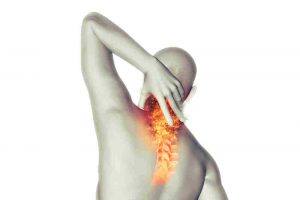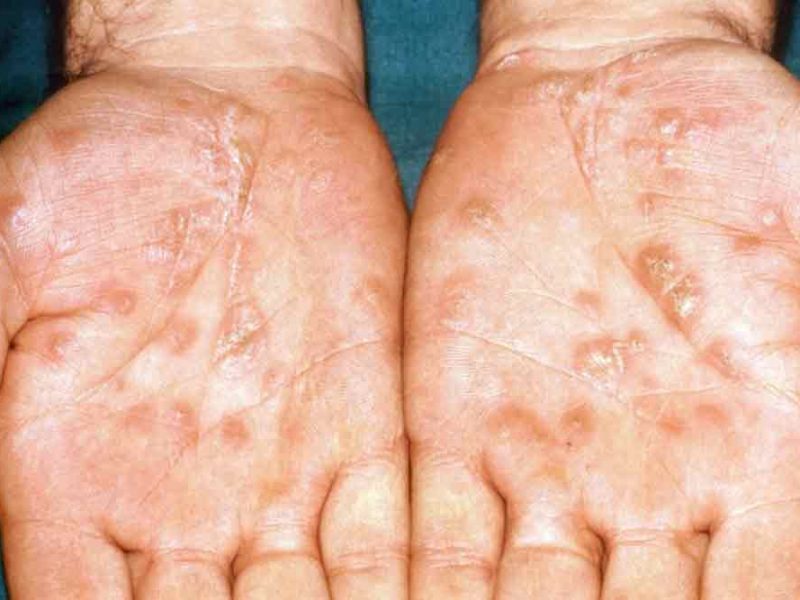The Hidden Dangers of Protein Powders

What is protein powder?
Protein powders are powdered forms of protein that come from plants (soybeans, peas, rice, potatoes, or hemp), eggs, or milk (casein or whey protein). The powders may include other ingredients such as added sugars, artificial flavoring, thickeners, vitamins, and minerals. The amount of protein per scoop can vary from 10 to 30 grams. Supplements used for building muscle contain relatively more protein, and supplements used for weight loss contain relatively less.
What are the risks?
There are numerous risks to consider when using a protein powder. Among them:
- A protein powder is a dietary supplement. The FDA leaves it up to manufacturers to evaluate the safety and labeling of products. So, there’s no way to know if a protein powder contains what manufacturers claim.
- We don’t know the long-term effects. “There are limited data on the possible side effects of high protein intake from supplements,” McManus says.
- It may cause digestive distress. “People with dairy allergies or trouble digesting lactose [milk sugar] can experience gastrointestinal discomfort if they use a milk-based protein powder,” McManus points out.
- It may be high in added sugars and calories. Some protein powders have little added sugar, and others have a lot (as much as 23 grams per scoop). Some protein powders wind up turning a glass of milk into a drink with more than 1,200 calories. The risk: weight gain and an unhealthy spike in blood sugar. The American Heart Association recommends a limit of 24 grams of added sugar per day for women and 36 grams for men.
Daily protein goals
Aim for the Recommended Dietary Allowance for protein intake: 46 grams per day for women and 56 grams for men. For example:
- an egg for breakfast (6 grams)
- 6 ounces of plain Greek yogurt at lunch (18 grams)
- a handful of nuts for a snack (4–7 grams)
- a cup of milk (8 grams) and 2 ounces of cooked chicken for dinner (14 grams).
What you should do
A study says that in certain cases, chemical-free protein powders may be helpful—but only with medical supervision. Such cases could include
- difficulty eating or an impaired appetite (as a result of cancer treatment or frailty from older age)
- a surgical incision or a pressure wound that is not healing well (your body needs protein to repair cells and make new ones)
- a serious condition requiring additional calories and protein in order for you to get better (such as burns).
- Otherwise, get protein from whole foods: nuts, seeds, low-fat dairy products (yogurt, milk, cheese), legumes (beans, lentils), fish, poultry, eggs, and lean meat. “You’ll find,” McManus says, “that there are many ways to get protein without turning to a powder.”














